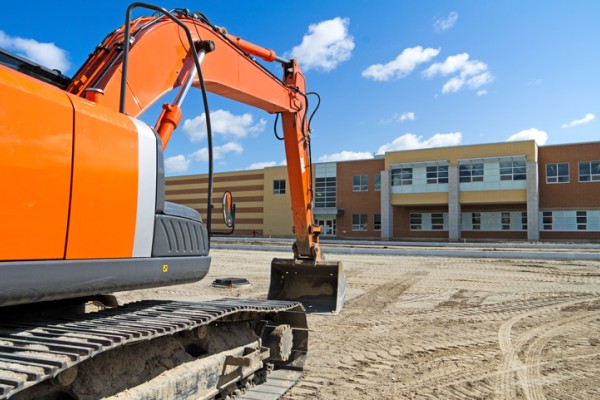TAFE’s crisis is a political failure, not just a capacity one
The announcement that TAFE NSW has suspended apprentice electrician enrolments at five campuses isn’t just a headline. It’s a red flag for an entire system that’s been neglected, underfunded and mismanaged by successive governments.
We’re told this is due to a “capacity crisis.” But let’s be honest: this isn’t new, and it didn’t come out of nowhere.
It’s the result of years of poor planning, hollow election promises and policies that pay lip service to the trades while stripping the institutions that support them of their resources.
I’ve worked in the trades sector for decades – as an automotive services employer, mentor and business strategist – and I’ve watched firsthand as governments parade around with “free TAFE” slogans while doing little to fix the rot underneath. They cut funding, shrink course offerings, reduce contact hours and leave teacher shortages to fester. Then they feign surprise when campuses start turning students away.
We are not short of young Australians wanting to take up a trade. We are short of governments willing to do the hard work of rebuilding a functional, forward-looking vocational education system.
The situation we’re in now, where eager apprentices are told to come back next year because there’s no room or not enough teachers, is not an accident. It’s a direct consequence of policy failure. For years, governments of all stripes have treated trades education as an afterthought. Now the chickens have come home to roost, and industry, apprentices and the public are paying the price.
The delays are not just frustrating, but they’re truly dangerous. Apprentices are often starting in their second year due to enrolment lags, meaning they miss critical first-year training, including workplace health and safety fundamentals. When we skimp on safety education, we gamble with lives. And when we delay training, we delay Australia’s future workforce.
What’s most galling is the double-speak. Governments talk about addressing skills shortages, encouraging more people into trades, and building sovereign capability. Yet here we are, cancelling courses, freezing enrolments and expecting miracles from a system we’ve starved for years.
And when the failures become too obvious to ignore, the solution is almost always cosmetic. Typically, we see an announcement of a new pilot program, we see money thrown at “infrastructure upgrades,” or a declaration of a working group. None of it addresses the core problem, which is a crumbling TAFE and training system that hasn’t been modernised to reflect today’s learning environments or workplace expectations.
We cannot run a 21st-century skills economy with a 1990s training model, run by burnt-out teachers on casual contracts, with software that barely functions and equipment older than the students.
It’s time for governments to stop passing the buck and start listening to the people who are training, mentoring and employing apprentices. We need bold reform, not band-aids.
We need to be recruiting and retaining qualified TAFE teachers with competitive pay and long-term contracts.
We need to be funding TAFE properly, so campuses aren’t forced to slash course offerings or delay enrolments.
We need to support industry-aligned, flexible training models that combine digital learning with hands-on workshops.
We need a shift from time-based learning to competency-based progression, guided by real-time feedback and employer involvement.
I’ve developed a framework that does just this, one where apprentices can complete theory modules online, have their progress tracked by mentors and gain immediate, supervised workshop experience that aligns with their learning. It’s streamlined, self-paced and builds real-world capability. But governments seem allergic to innovation that doesn’t come with a photo op or press release.
If we want to fix the capacity crisis in trades training, we need to fix the political crisis that caused it. Stop announcing shiny new projects while the core system collapses. Stop acting like this is a new issue. It’s not. We’ve been warning about it for years.
Enough excuses. Enough token gestures. The trades training system is broken because our leaders let it break.
If they’re serious about rebuilding Australia’s skills future, it starts by rebuilding trust and that means rebuilding trust in TAFE, rebuilding trust with industry and with the apprentices they keep promising to support.
Right now, we’re not short on talent. We’re short on leadership.
Raffy Sgroi is the Founding Coach of Sage Advice, and a Trades Training and Automotive industries advocate. She’s also the CEO of a multi-award-winning car mechanical services business based in the ACT.

